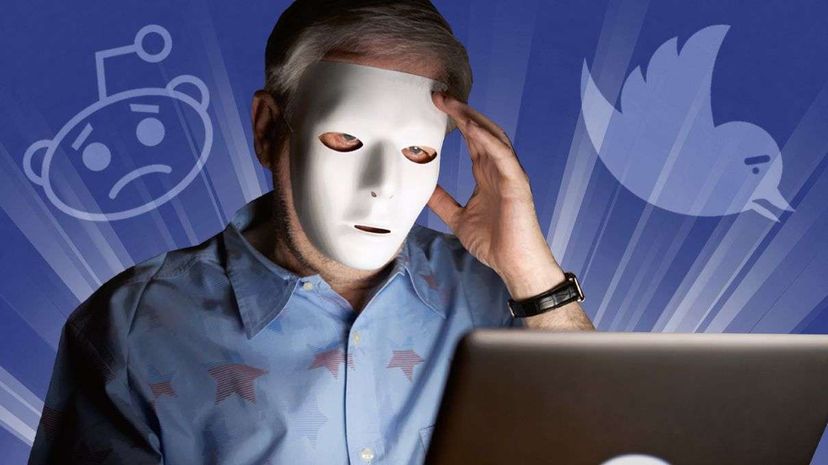In "Antisocial Behavior in Online Discussion Communities," a 2015 study aiming to identify trolls' posting styles so moderators can spot them earlier, Drs. Justin Cheng, Cristian Danescu-Niculescu-Mizil and Jure Leskovec found that trolls' commenting behaviors in a given community evolve over time, guided by negative attention.
"When users get their posts negatively evaluated (via down-votes) ... they contribute more," writes Danescu-Niculescu-Mizil in an email interview. And as they spend more time in a community, adds Cheng, trolls "start behaving worse and worse until a moderator decides to outright ban them."
Which is unlikely to result in a change of behavior. Dr. Delroy Paulhus, co-author of "Trolls just want to have fun," writes in an email that trolls "tend to have a self-righteous attitude" about their activities.
Paulhus' co-author, Dr. Paul Trapnell, explains this aspect of the subculture. "A substantial number of dedicated trollers likely construe what they do as acts of moral purification, for example, puncturing hubris, unmasking dishonesty and hypocrisy, or punishing salient online violators of values especially important to the trolling community. It's not all nasty for nasty sake," Trapnell says.
There's no doubt that anonymity enables all this nastiness. It triggers a kind of temporary identity loss called deindividuation, which releases trolls from social norms, kind of like what happens in a mob. Some have attributed the trolling phenomenon almost entirely to anonymity's disinhibiting effect.
Yet many find this hard to swallow. The average person doesn't enjoy upsetting people, no matter how anonymous he is.
The "Trolls just want to have fun" study backed up the suspicion that trolls are not, in fact, the average person. Trolls, the study found, have specific personality traits that set them apart from the general population.


